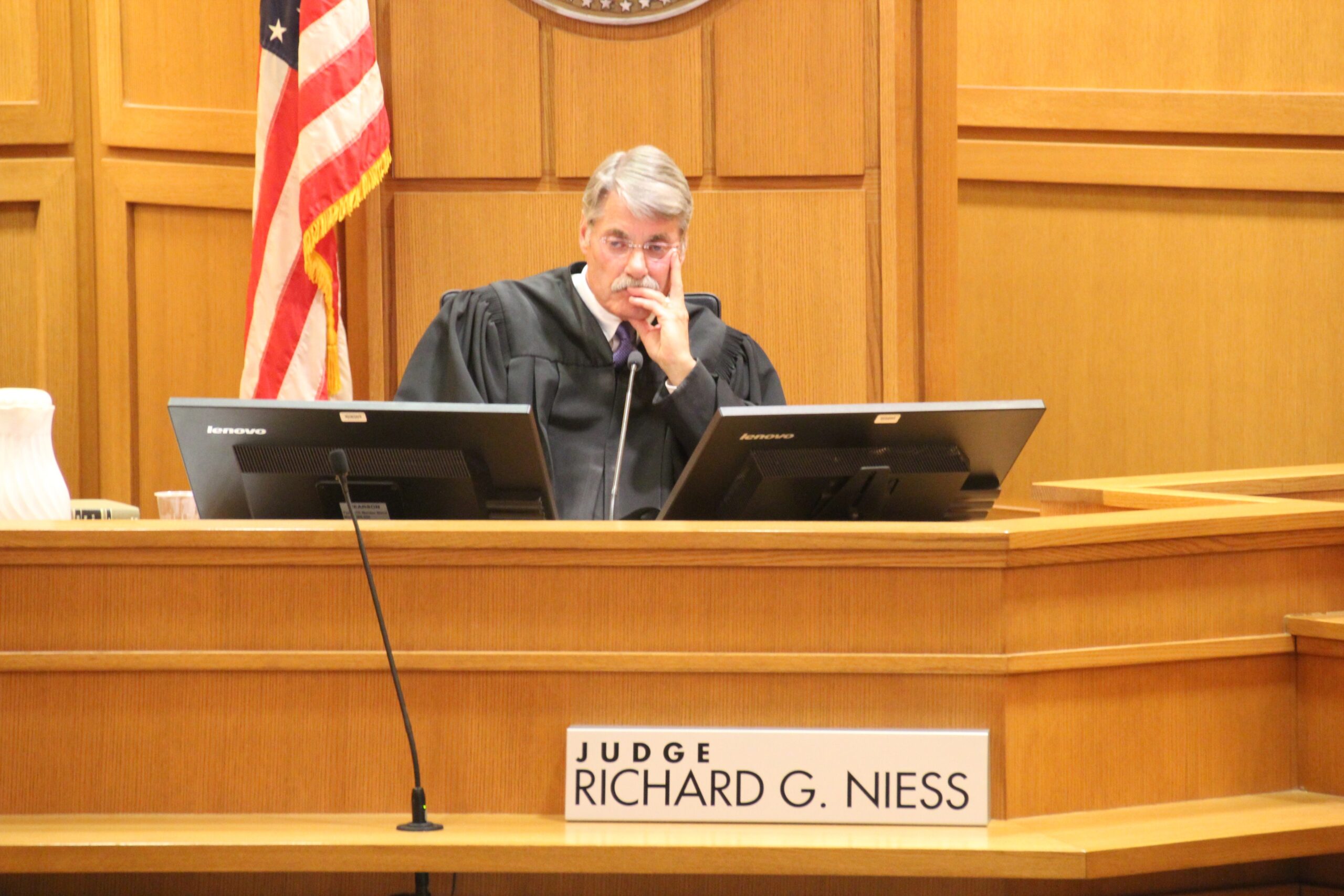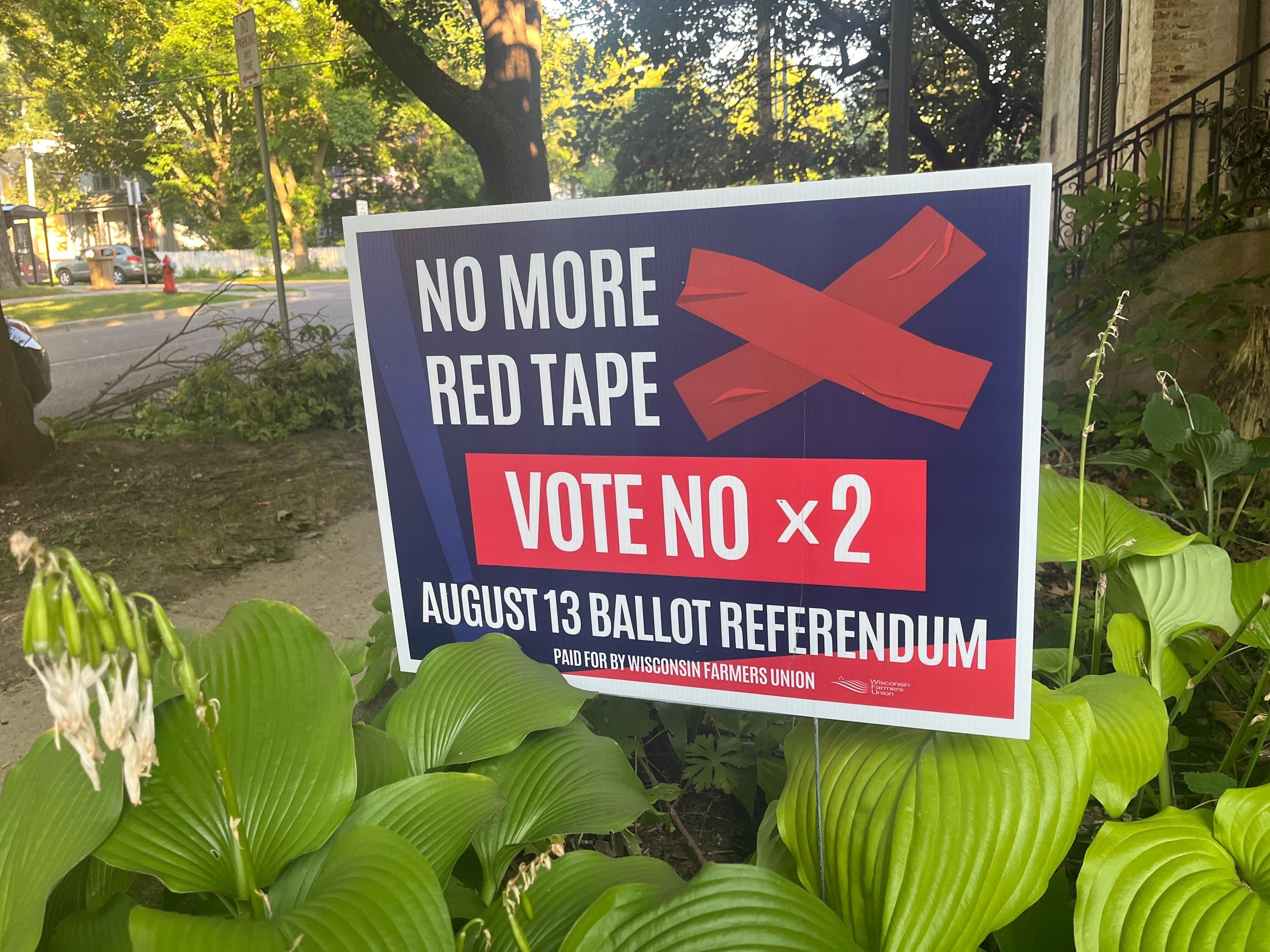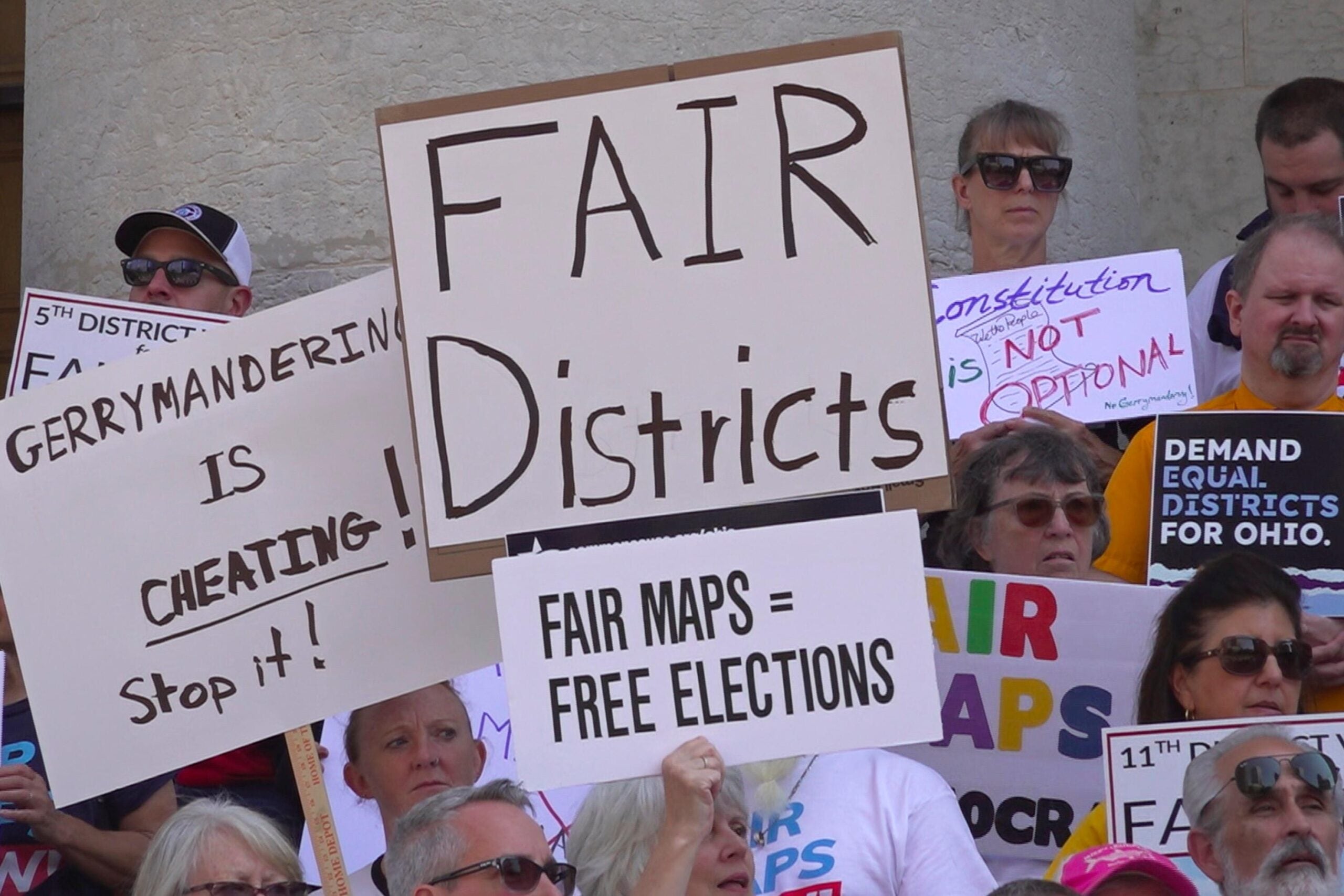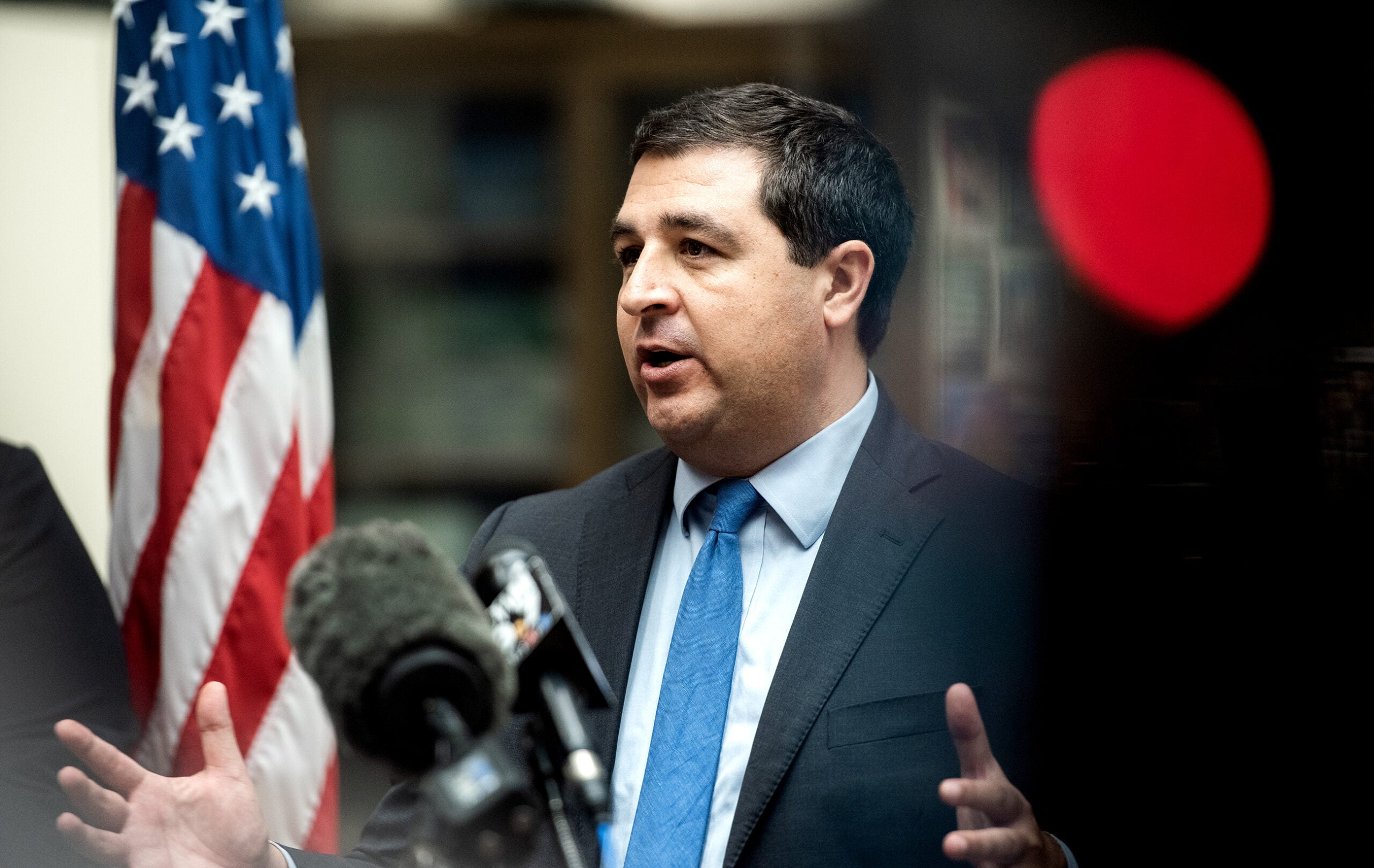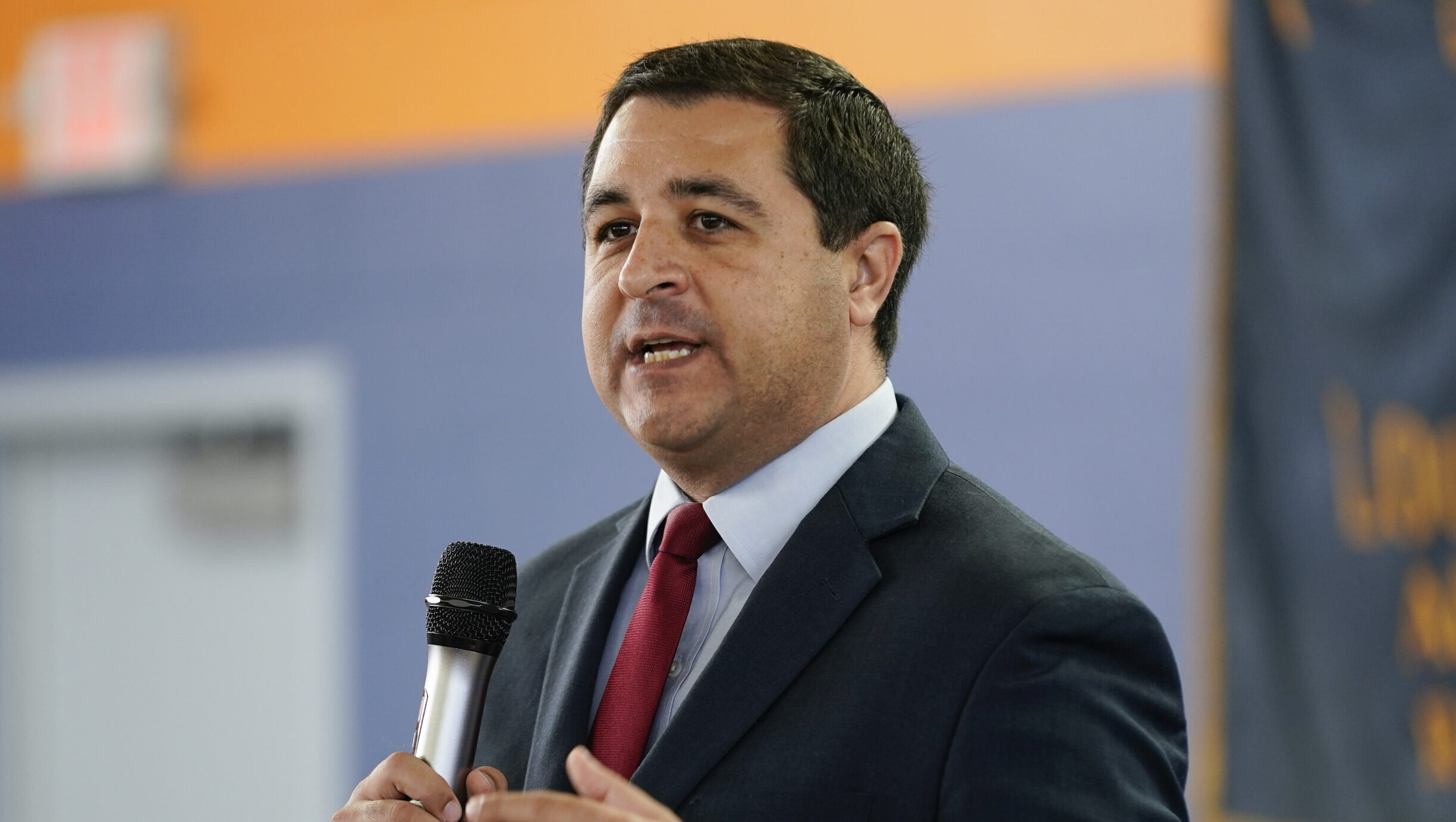A Dane County judge could rule soon in a lawsuit that aims to strike down the laws and appointments Republican lawmakers passed in December’s lame-duck session of the Legislature, many of which limited the power of Democratic Gov. Tony Evers.
Judge Richard Niess heard arguments Monday that painted two dramatically different pictures of the case, with an attorney for plaintiffs telling Niess he could right the wrongs of the Legislature and a lawyer for Republicans warning that a ruling against them could indirectly void decades of laws and free convicted criminals from prison.
The case, brought by the League of Women Voters of Wisconsin, Disability Rights Wisconsin Inc. and Black Leaders Organizing for Communities, contends the entire lame-duck session was unlawful because legislators met in “extraordinary session,” which isn’t explicitly allowed under the state constitution.
News with a little more humanity
WPR’s “Wisconsin Today” newsletter keeps you connected to the state you love without feeling overwhelmed. No paywall. No agenda. No corporate filter.
Unlike special sessions, which have been called by Wisconsin governors dating back to 1861, extraordinary sessions are called by lawmakers when they’re not scheduled to be in session. Legislators have done that about two dozen times in Wisconsin, with the first extraordinary session occurring in 1980, according to the nonpartisan Legislative Reference Bureau.
Misha Tseytlin, the Legislature’s attorney, told Niess that under plaintiffs’ argument, striking down one extraordinary session would mean striking down all of them. Tseytlin said that would include striking down laws that spell out prison terms for sex offenders.
“So you’re saying that if I rule against you, I’m opening the prison doors?” Niess asked Tseytlin.
“I don’t see how you don’t,” Tseytlin responded.
Jeffrey Mandell, the plaintiffs‘ attorney, told the court Tseytlin was essentially arguing extraordinary sessions were too big to fail.
“It’s kind of shocking to hear the Legislature make the argument that they have done this so many times that the court should overlook the potential unconstitutionality and simply allow these things to stand,” Mandell said. “It simply cannot be that the Legislature has done it enough times that now it’s too late to revisit that decision.”
Mandell disputed Tsyeytlin’s suggestion that striking down extraordinary sessions would lead to chaos in Wisconsin. Many of the laws passed in previous sessions, Mandell said, had been changed in later years during regular sessions of the Legislature. Other laws, like outdated union contracts or redistricting plans, were no longer valid.
“The sky really is not falling,” Mandell said.
It’s unclear when Niess might rule in the case, but he said he wasn’t ready to issue a decision from the bench Monday.
“I’m going to take this under advisement,” he said before adjourning. “I do not intend to sit on this.”
Should Niess strike down the lame-duck laws, it could offer Evers an opportunity to exercise powers that were held by his predecessor, Republican Gov. Scott Walker. For example, Evers campaigned on the promise of pulling Wisconsin out of a lawsuit that seeks to overturn the Affordable Care Act, but one of the lame-duck laws has prevented him from doing that.
No matter how Niess rules in the case, he acknowledged his decision will be appealed almost immediately. The Wisconsin Supreme Court, where conservatives hold a four-to-three majority, would have the final say in the League of Women Voters case.
Three other lawsuits are proceeding against the lame-duck session.
There’s a hearing scheduled next week — also in Dane County Circuit court — for a lawsuit brought by Service Employees International Union and other organized labor groups. It’s challenging the content of the lame-duck laws, not the process by which they were passed.
Another case, which was filed in federal court, challenges restrictions on early voting that were passed in the lame-duck session. A federal judge has already sided with plaintiffs in the early goings of that case.
The fourth case, which is also in federal court, was filed by the Democratic Party of Wisconsin. It argues the lame-duck laws violate the U.S. Constitution.
Appeals in the federal cases would be handled by the Seventh Circuit Court of Appeals in Chicago, and potentially, by the U.S. Supreme Court.
Wisconsin Public Radio, © Copyright 2026, Board of Regents of the University of Wisconsin System and Wisconsin Educational Communications Board.

